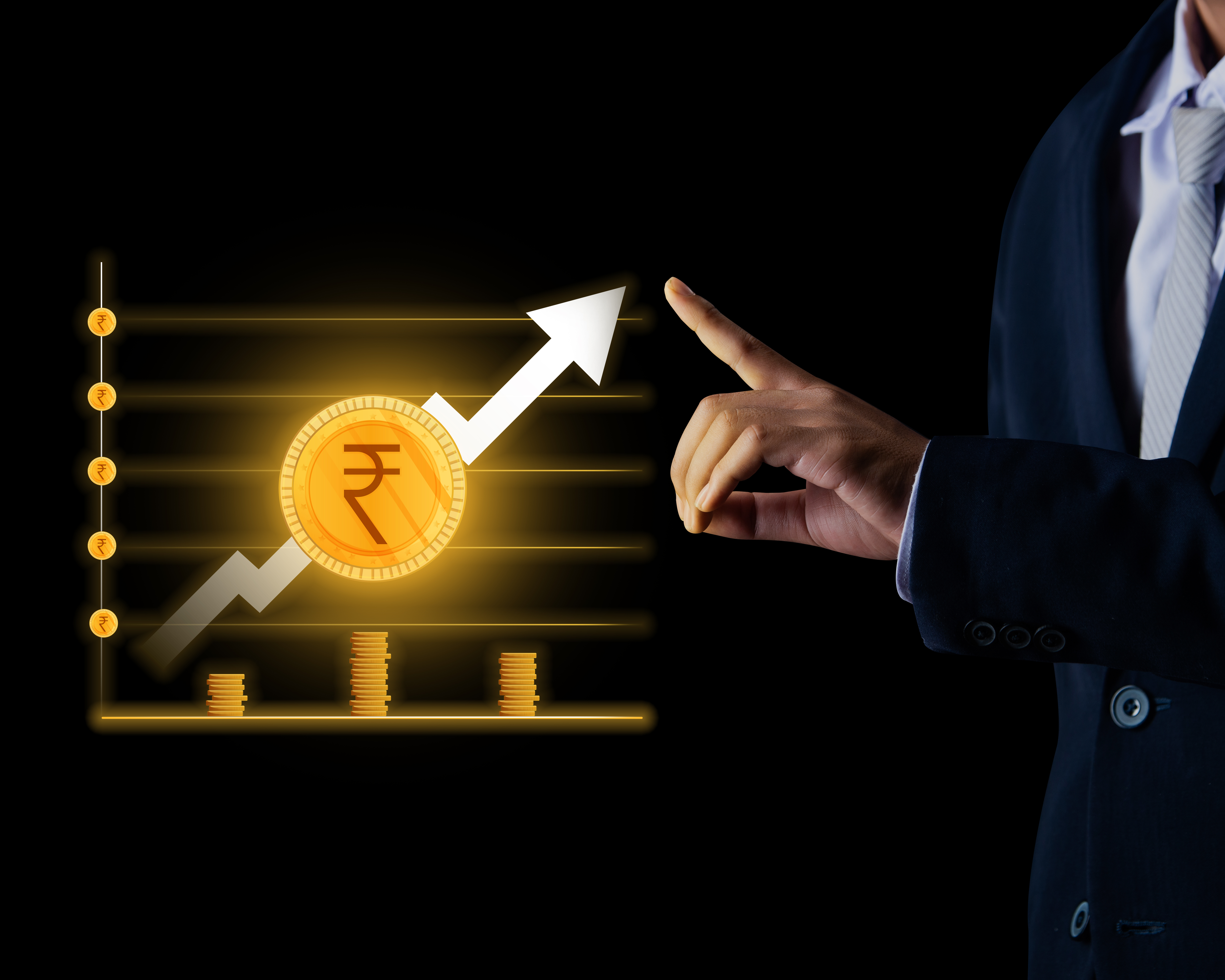The term ‘digital’ has become very common in recent years. The extent is such, that it can be used in almost every field. Similarly, in India, the concept of the digital economy is becoming popular. Online transactions and business activities have shown a significant rise in the last decade. However, let us first take a look at what the digital economy means.
What Is The Digital Economy?
Every
economic transaction that takes place online can be categorized as a digital economy. Also known as a web economy or internet economy, it covers a variety of social, cultural, economic, and business activities.
Growth Of Digital Economy
In the
past few years, activities on digital platforms have increased considerably. With more and more people gaining access to the internet, social media sites are becoming major advertising platforms. Goods are being bought and sold online. The digital economy mainly consists of 3 components: e-business infrastructure, e-commerce, and e-business.
Positive Impact Of The Digital Economy
The
digital economy has boosted business activities in numerous ways. Some of them are as follows:
- E-commerce Sector: With e-commerce becoming very popular, companies that have gone digital by selling their goods online have earned great profit. Moreover, it has made the marketing and distribution of goods much easier. As a major part of the population prefers to shop online with the comfort of their home, this trend is expected to continue and even grow more in near future.
- Internet Usage: Just like ancillary industries, the digital economy has helped other related businesses grow. Internet, which forms the basis of the digital economy now plays a crucial role in one’s everyday life. The demand for as well as investment in the internet and other related things such as software, hardware, technology, communication services, etc. has witnessed a massive boost.
- Digitalized Goods: Several goods items are now easily available in a digital form. For example, earlier people had to purchase music CDs and cassettes, but now all such items like music, movies, etc. are available on the internet. Many services are available in digital form too, such as online academic courses, online software-related services, etc.
- Transparency: With the advent of the digital economy and e-commerce, the authorities have been able to control corruption and black money to a significant extent. This is because digital transactions are much more transparent. This is why, during demonetization, which was undertaken to deal with corruption, the government emphasized on digital transactions.
- Employment: Though people often blame digitalization for the lack of entertainment, it is to be noted that it has created employment in other fields. For example, the online availability of various services has reduced employment in certain sectors. However, skilled and dedicated professionals are required to keep the online systems running smoothly, to take care of cybersecurity, to build software, etc.
The growth of the digital economy in India has already picked up the pace. The digital consumer base in India is the fastest among the 17 major economies of the world. Currently, India is the 2nd largest digital economy. It is projected that by 2025, India’s digital economy would grow to a trillion dollars. The rise of the digital economy is quite impressive and is expected to grow even more in the future.



